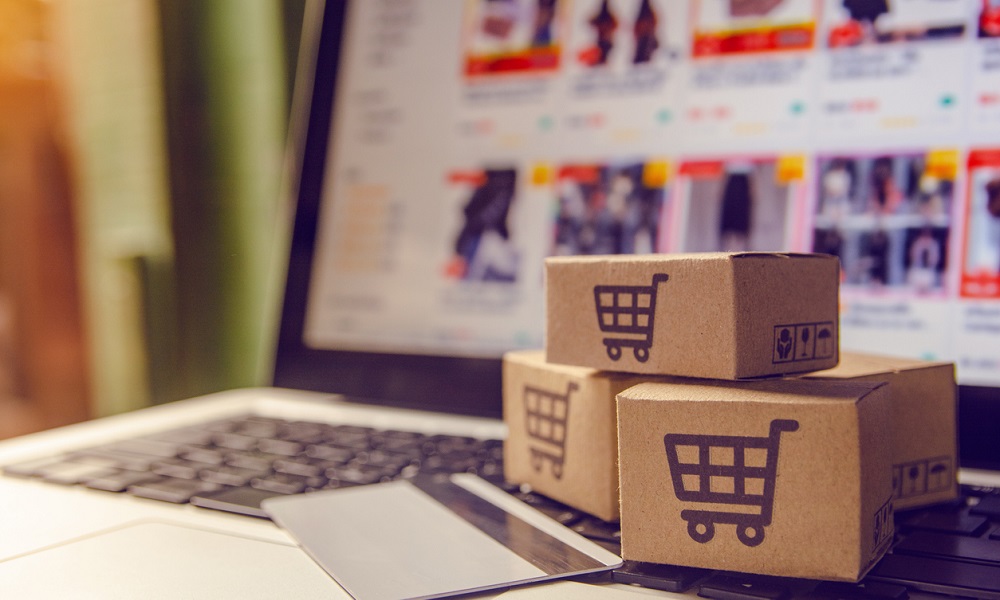Fear of COVID-19 has impacted people’s habits and behaviors, which turn more frequently to the online world where they are able to find a safe harbor in these troubled times. This has prompted suppliers of goods and services’ providers worldwide to establish e-commerce stores and to update their terms and conditions, to revamp their advertising and marketing strategies and to rethink the way they can better protect their intellectual and industrial property rights in the e-shopping environment.
A recent survey conducted by the United Nations Conference on Trade and Development (UNCTAD) together with the Netcomm Suisse eCommerce Association and in collaboration with the Brazilian Network Information Center entitled “COVID-19 and E-commerce” covering data from Brazil, China, Germany, Italy, South Korea, South Africa, Switzerland and Turkey, has demonstrated that online purchases have increased by 6 to 10 percentage points across several product categories as for instance in CT/electronics, gardening/do-it-yourself, pharmaceuticals, education, furniture/household products or cosmetics/personal care.
Morever, IBM’s U.S. Retail Index data has demonstrated that while physical stores are expected to decline by over 60%, it is also foreseeable that e-commerce grows nearly 20% this year.
The “new normal” is leading companies to shift their business strategies and to rethink how to best target consumers and potentiate their sales, while protecting their intellectual and/or industrial property rights and that of third parties, especially those that may be more vulnerable on the online world.
In the process of launching an online store, it is important to keep in mind the following aspects, among others, which are essential for achieving intellectual and industrial property rights protection:
- registering intellectual and industrial property rights, especially trademarks and domain names in order to avoid having third parties using and registering identical or similar signs for identical or similar goods and services;
- posting trademark ® and copyright © notices;
- setting up and using more technical protection measures (TPMs) and tools which allow intellectual and/or industrial property rights holders to report online infringements;
- valuing intellectual and industrial property rights surveillance and monitoring on the world wide web;
- drafting complete and strong intellectual and industrial property rights clauses on the websites’ terms and conditions, making sure that, for example, photos, texts, illustrations are being protected and also that all necessary authorizations for publishing the so-called user generated content are obtained;
- taking action against intellectual and industrial property rights infringements when needed.
Fact is that intellectual and industrial property rights infringements have raised with the pandemic.
According to Interpol, there has been a dramatical increase in the online sale of counterfeit goods, especially pharmaceuticals and medical devices. In consequence, inspections, seizures and websites closures have been conducted worldwide. One of the reasons is that COVID-19 has made the demand for these types of products – including facemasks – to rise unprecedentedly. Another reason is that many people are earning less income or are even unemployed and are thus looking for cheaper products and services.
For combating such practices, companies like Facebook, Alibaba, Amazon and e-Bay have already established specific tools for fighting against counterfeit and pirated products and to allow that intellectual and industrial property rights infringing content is quickly taken down. As the pandemic seems not to disappear as quick as we would wish to, to be more adaptable to change is all one can do to assure that industrial and intellectual property rights are duly protected.
Rita Gomes
Intellectual Property Department






